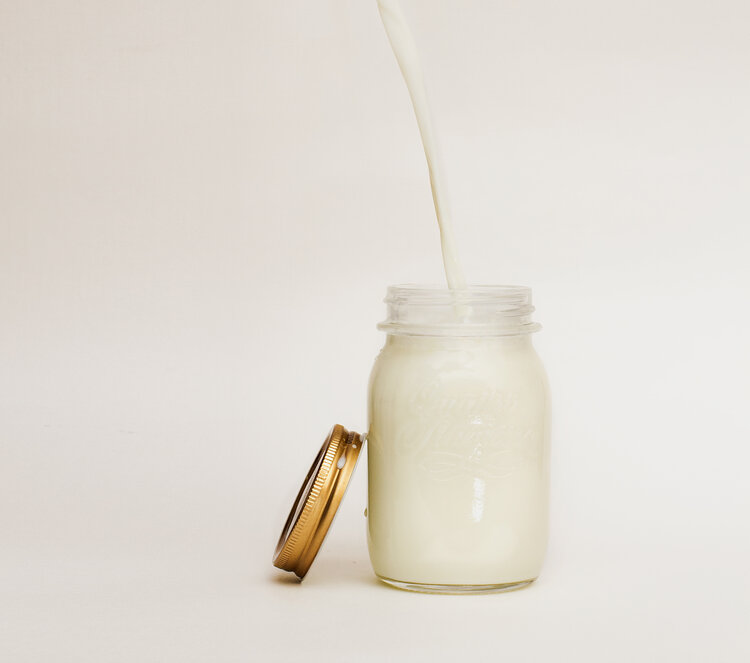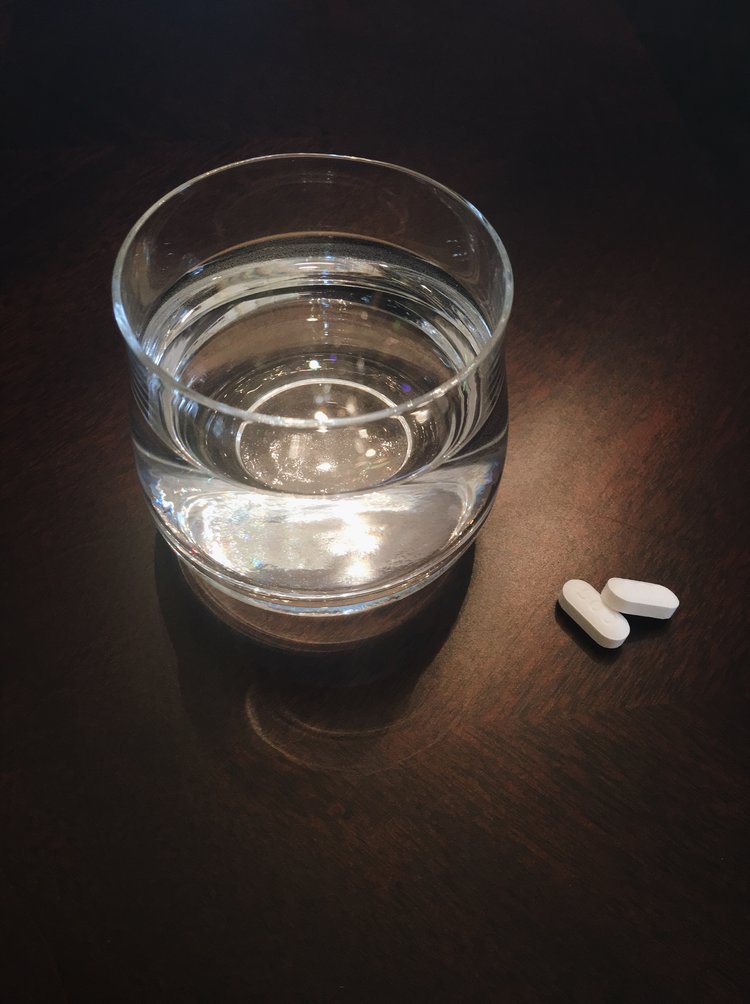
When feeding baby there are some important things to know. In almost every situation, mother’s own milk is the biologically best milk for her baby. Human milk provides the nutrients baby needs to grow and be as healthy as possible. Human milk is easy for baby to digest; it changes in relation to surroundings and overtime to provide exactly what the baby needs. Mother’s milk also has antibodies that help protect baby from infections. For these reasons and many more, human milk is recommended for the first six months of life.
However, for some mothers and babies, exclusive breastfeeding does not work. Some women decide not to breastfeed. Some face circumstances, such as early return to work or medical treatment, that preclude breastfeeding. And some who intend to breastfeed miss their goals. In one US study, about 1 in 8 mothers experienced interrupted lactation, defined as unplanned, undesired weaning due to problems with pain, latch, or low milk supply. Here is a link to a blog from Dr. Alison Stuebe on how often breastfeeding comes undone.
If you are struggling, seek help from a lactation professional. And know, too, that you are uniquely qualified to weigh the health importance of baby feeding with the trade-offs involved. It may be helpful to reflect on how breastfeeding is going and decide what next steps make the most sense for you and your baby. While many women achieve their breastfeeding goals, many others do not. There are many reasons why women miss their goals including lack of support from partners, employers, family, and the community. U.S. society is not yet as family-friendly as it could be, although things are improving!
Some women are able to produce only very small amounts of milk. The breast, like every organ in the body, is not invincible. As Mariane Neifert has written, “A health care professional would never tell a diabetic woman that ‘every pancreas can make insulin’ or insist to a devastated infertility patient that ‘every woman can get pregnant.’ The fact is that lactation, like all physiologic functions, sometimes fails because of various medical causes.” It’s important to know that you can nurture your baby at breast no matter how much milk you make. A supplemental nursing system is helpful for some mothers, as it enables you to stimulate your breasts while supplementing your baby with your expressed milk, donor human milk, or formula. If supplemental feeds are needed, try this for a few feedings to see if this works for you. Some women try using hand expression to transfer more milk to baby at an at-breast feeding, rather than pumping after nursing. If your baby needs to be supplemented routinely, consider providing the supplement first, and then offering the breast for dessert, so that baby can fall asleep satisfied at the breast.
There are many ways to nurture a baby – try out different approaches until you find a way that feels right. Above all, make sure to enjoy your baby. Breastfeeding is a part of motherhood, not the point of motherhood.
You can read more about breastfeeding and human milk from the U.S. Breastfeeding Committee, American Academy of Pediatrics, and Academy of Breastfeeding Medicine.
















